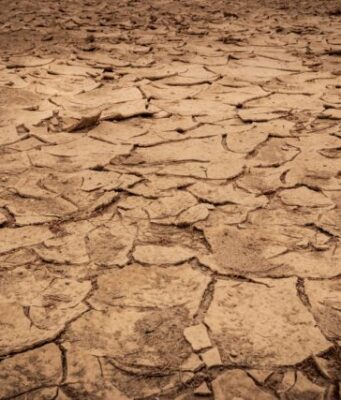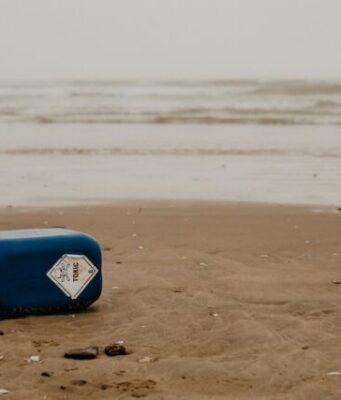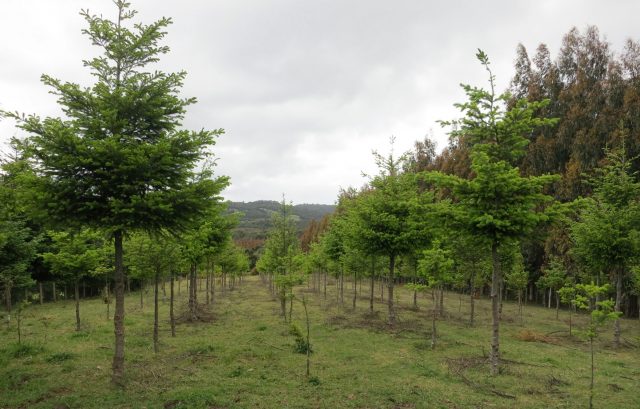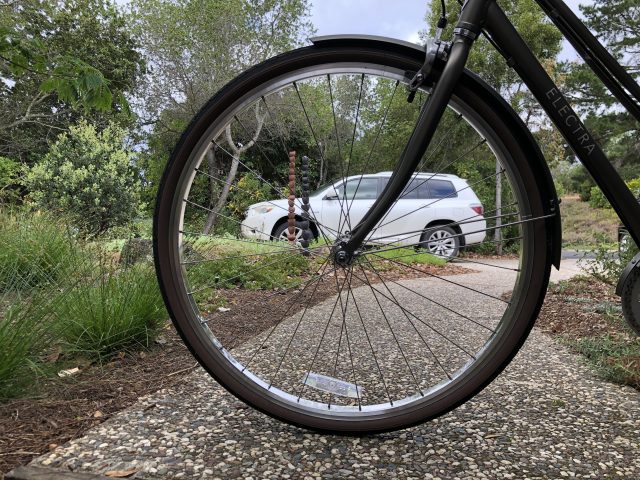Campaigns to plant huge numbers of trees could backfire, according to a new study that is the first to rigorously analyze the potential effects of subsidies in such schemes.
The analysis, published on June 22 in Nature Sustainability, reveals how efforts...
The large-scale planting of new forests in previously tree-free areas, a practice known as afforestation, is hailed as an efficient way to remove excess carbon dioxide from the atmosphere—a so-called natural climate solution.
But a new study led by a...
A group of researchers, led by a UNSW sustainability scientist, have reviewed existing academic discussions on the link between wealth, economy and associated impacts, reaching a clear conclusion: technology will only get us so far when working towards sustainability—we...
A new study from the University of Central Florida has confirmed and quantified, for the first time, the presence of microplastics in terrestrial and aquatic birds of prey in Florida, including hawks, ospreys and owls.
Microplastics are small plastic pieces—less...
Call them "super polluters"—the handful of industrial facilities that emit unusually high levels of toxic chemical pollution year after year. There are only a few of them, but together they account for the majority of annual industrial pollution.
Such is...
The COVID-19 global lockdown has had an "extreme" effect on daily carbon emissions, but it is unlikely to last—according to a new analysis by an international team of scientists.
The study published in the journal Nature Climate Change shows that daily emissions...
The vapor that plants emit when they breathe serves to lower land surface temperature, much like watering the yard on a hot day. Until now, the greenhouse effect has been blamed for the rise in global temperature. But an...
Recent wildfires in Australia torched more than 48,000 square miles of land (for context, Pennsylvania is about 46,000 square miles). The fires impacted ecologically sensitive regions, including an area called the Gondwana Rainforests of Australia World Heritage Site. This...
An international study recently published in the journal Nature, led by KAUST Professors Carlos Duarte and Susana Agustí, lays out the essential roadmap of actions required for the planet's marine life to recover to full abundance by 2050.
The project brings...
A collaborative research project between the Universities of Manchester, Utrecht, and Durham, and the National Oceanography Centre has revealed for the first time how submarine sediment avalanches can transport microplastics from land into the deep ocean.
The study also revealed...
Opening plastic packaging, such as plastic bags and bottles may contribute to the generation of small amounts of microplastics—small plastic particles less than 5 mm long—during daily tasks, according to a study published in Scientific Reports.
Microplastics are generally believed to...


















